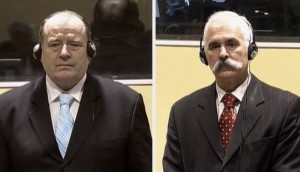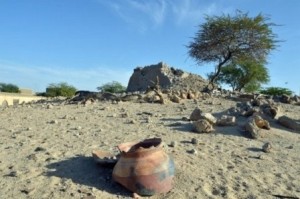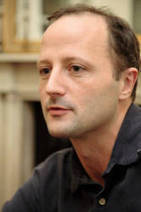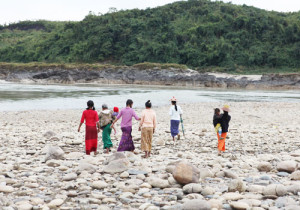Today, the Appeals Chamber of the International Criminal Tribunal for the former Yugoslavia (ICTY) confirmed the convictions of Mićo Stanišić, former Minister of the Interior of Republika Srpska, and Stojan Župljanin, former Chief of the Regional Security Services Centre of Banja Luka, Bosnia and Herzegovina (BiH). The Appeals Chamber affirmed that Stanišić and Župljanin are criminally responsible for war crimes and crimes against humanity committed in BiH in 1992, in 20 and eight municipalities respectively. The Judges affirmed both of the accused’s sentences of 22 years’ imprisonment.
The Appeals Chamber dismissed all of Stanišić’s and Župljanin’s grounds of appeal. It confirmed their convictions for committing, through participation in a joint criminal enterprise (JCE), persecutions as a crime against humanity and murder and torture as violations of the laws or customs of war. Župljanin’s convictions for committing extermination, through participation in a JCE, and ordering persecutions through plunder as crimes against humanity were also affirmed. Continue reading









